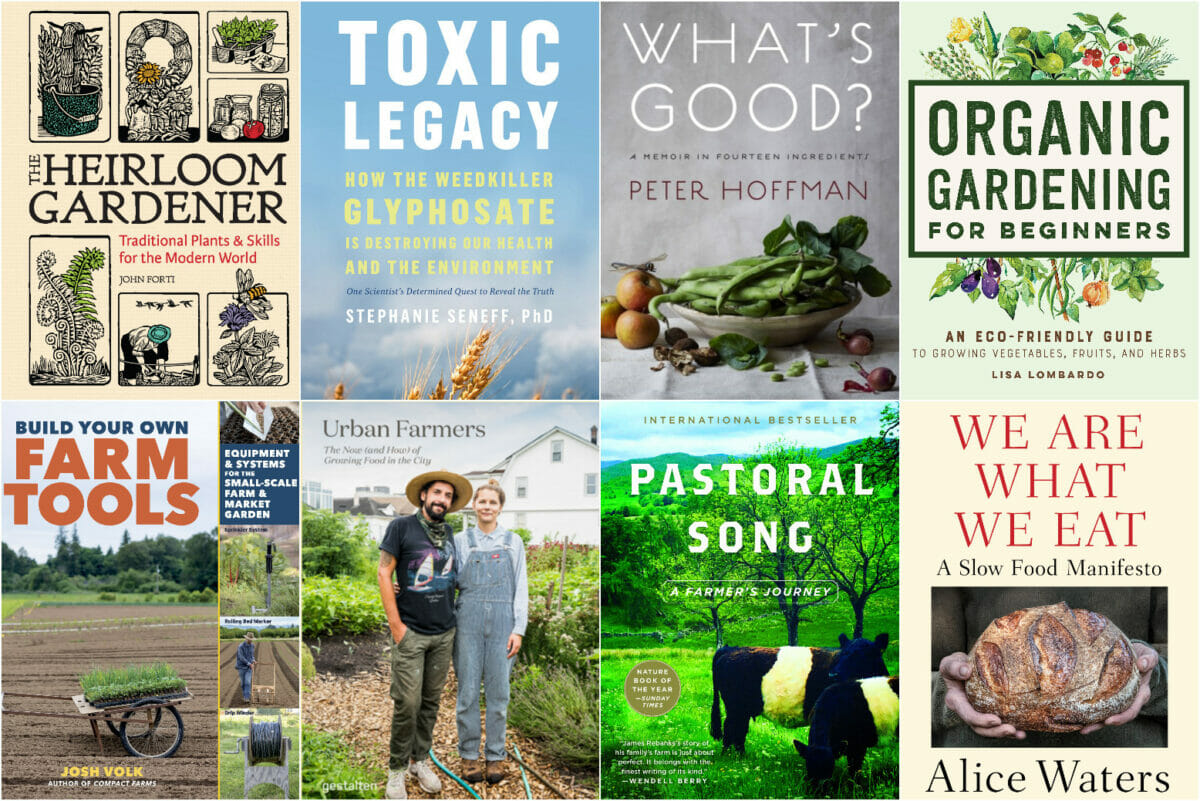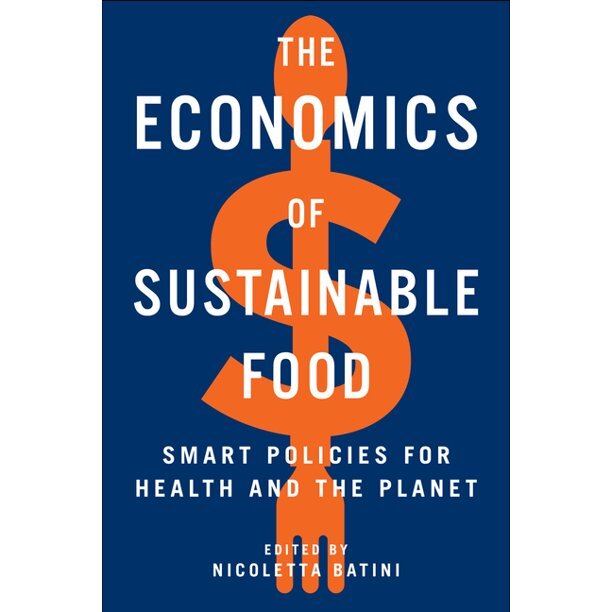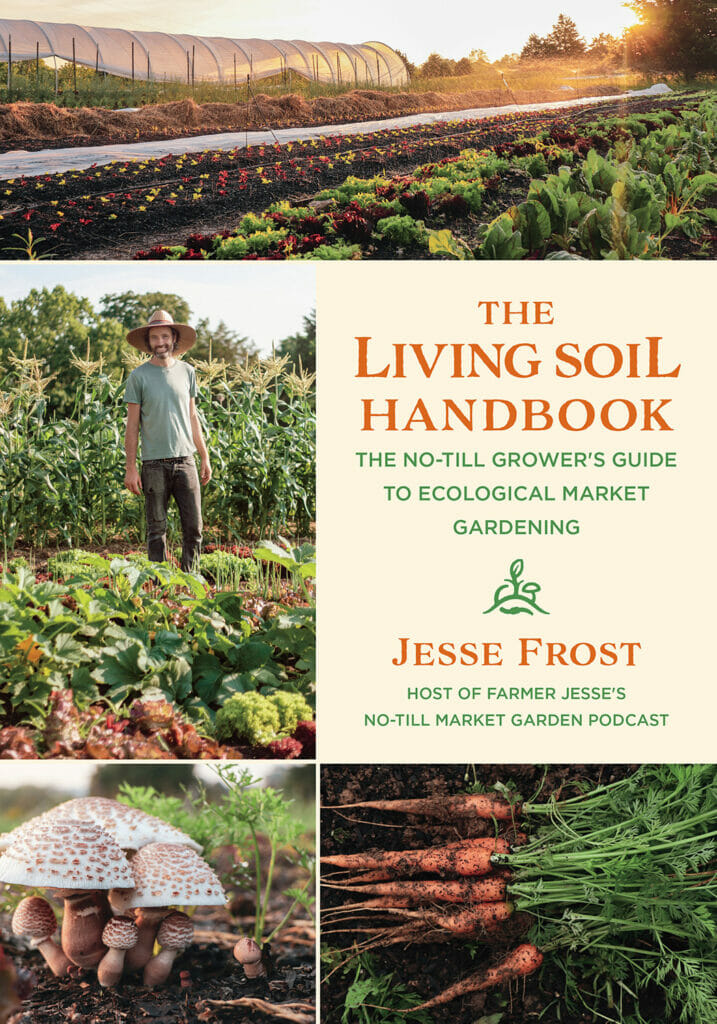Dive in for tales and inspiration.

We Are What We Eat: A Slow Food Manifesto
A longtime champion of the Slow Food Movement, renowned chef Alice Waters tackles how food defines us. In her new book, Waters looks at how food has negatively impacted people and the environment but also how it can help heal and replenish. As she writes in the book’s introduction, “How we eat is how we live.” Through her own lived experiences, Waters charts America’s various food eras—from World War II’s victory gardens to frozen dinners and fast food, as well as more recent farm-to-table efforts and the virtues of biodiversity and sustainability. Above all, the book is a meditation on how what we eat impacts not only us but the planet and what can be done to create deep, long-lasting change.
(Penguin Press, June 1)
What’s Good? A Memoir in Twelve Ingredients
Chef Peter Hoffman, whose Savoy restaurant in New York City helped pave the way for farm-to-table cooking, explores the cultural, historical and botanical backstories of the foods we eat. The book is structured around his visits to Union Square Greenmarket, where he starts the ingredient tour and story with leeks and potatoes, journeys through strawberry and garlic season, then ends with late-season greens such as kale and radicchio. He shares personal stories and follows the progress of these crops, as well as the stories of the farmers and vendors who grow and champion them. At the end of each ingredient chapter, Hoffman offers a recipe for home cooks to make with it.
(Abrams Press, June 8)
The Economics of Sustainable Food
This book explores the reasons why economists and policymakers ignore the negative effects of the world’s industrial food system, including malnutrition, economic losses and environmental degradation. Editor Nicoletta Batini argues that macroeconomic policy has largely overlooked food systems, and she brings together a collection of essays with possible solutions for making food more sustainable. Various authors explore topics such as taxing foods with a high carbon footprint, subsidizing land and sea farming and providing schools with matching funds to purchase local organic produce.
(Island Press, June 8)
The Heirloom Gardener: Traditional Plants & Skills for the Modern World
Historical horticulturist and ethnobotanist John Forti celebrates the importance of gardens—from the past, present and future. Part essay collection, part gardening guide, The Heirloom Gardener encourages readers to embrace heirloom seeds and traditions, serving as a well-needed reminder to slow down and reconnect with nature.
(Timber Press, June 22)
Organic Gardening for Beginners: An Eco-Friendly Guide to Growing Vegetables, Fruits, and Herbs
Want to start a home organic garden but not sure where to start? This book is a great starter guide. Homesteader Lisa Lombardo explains how to plant and raise dozens of fruits, vegetables and herbs using sustainable, pesticide-free and eco-friendly methods. She also gives a helpful rundown of the most common insects you can expect to encounter—both the good and the bad—with practical tips on how to help the beneficial ones thrive and how to safely rid your garden of pests.
(Rockridge Press, June 29)
Toxic Legacy: How the Weedkiller Glyphosate Is Destroying Our Health and the Environment
MIT scientist Stephanie Seneff sounds the alarm on the dangers of the herbicidal agent glyphosate. The active ingredient in Roundup, glyphosate was first patented in 1961, then re-patented by Monsanto as a weed killer in 1968. Seneff considers glyphosate’s role in agriculture and cites studies that have linked the chemical to cancer, kidney failure, birth defects, infertility and other disorders. The book has been compared to Rachel Carson’s Silent Spring, which documented the environmental effects caused by the use of pesticides.
(Chelsea Green Publishing Company, July 1)
Urban Farmers: The Now (and How) of Growing Food in the City
According to some estimates, 80 percent of all food will be consumed in cities by 2050. Urban farmers will play a major role in feeding future generations. In this book, photographer Valery Rizzo and journalist Mónica R. Goya highlight a variety of urban agriculture models such as rooftop gardens and vineyards, community gardens and underground mushroom farms. It also includes practical tips for any city dweller interested in small-space growing, beekeeping, composting, natural dyes and more.
(Gestalten, July 13)
The Living Soil Handbook: The No-Till Grower’s Guide to Ecological Market Gardening
Kentucky organic farmer Jesse Frost wants to help others unlock the secrets of no-till farming. In this handbook, he offers a guide to cultivating healthy, productive soil by following the three basic principles of no-till market gardening: Disturb the soil as little as possible; keep it covered as much as possible; and keep it planted as much as possible. In it, you’ll find tips for cover cropping, using compost, diversifying plantings and more.
(Chelsea Green Publishing Company, July 20)
Pastoral Song: A Farmer’s Journey
Published as English Pastoral in the UK, Pastoral Song is shepherd James Rebanks’ elegy to traditional farmers and farming methods. He chronicles his family’s farm in the Lake District of England, recounting fond memories of his grandfather teaching him how to work the land and picking blackberries with his grandmother. It’s also a story about inheritance—what is gained and what is lost in the process. By the time Rebanks inherited the farm, it was much different from the one from his childhood memories, changed by the industrialization of farms and modern technologies. This memoir charts his journey trying to salvage the farm, bringing life back to the land and restoring its place in the future.
(Custom House, August 3)
Build Your Own Farm Tools: Equipment & Systems for the Small-Scale Farm & Market Garden
Are you in need of a hoop bender, germination chamber, drip irrigation system or hand truck pallet but are too strapped for cash to buy one new? Oregon farmer Josh Volk offers DIY guides for small-scale farmers to build their own customizable tools. With 19 different affordable and accessible projects that have been tried and tested, Volk highlights efficient equipment and systems that will help smaller producers compete with larger growers. Each includes a list of materials needed and step-by-step instructions for assembling. He also offers notes on how to modify tools to better meet your farm’s needs.
(Storey Publishing, August 3)


Great list! Thank you for including Toxic Legacy. This is probably the most important book on here anyone can read! Glyphosate is destroying our health and our world! It is time for farming to wake up and realize we don’t want to eat toxic food any more!
The support for the book targeting glyphosate is utterly amazing in a bad way. The studies do not distinguish between use of pure glyphosate, versus the proprietary formulations used by various manufacturers which include adjuvants for sticking, cuticle penetration, reduced volatility and such. You can check: there are precious few studies of these adjuvant chemicals with respect to cancer.
It is one thing to be ignorant and support nonsense. Which yvou folks do on a regular bsis. It is even worse to aaadvertise for blatant lies published by granny seneff. Yet you manage to do that s well. There is nothing about modern farming in this list of junk.
Most nonsensical list of
Books I have ever seen. Regression is not the way to go. The seneff lies are particularly bad.